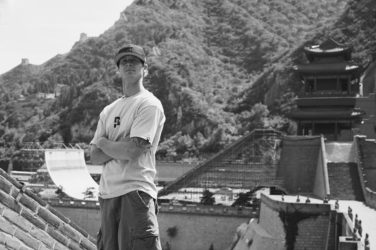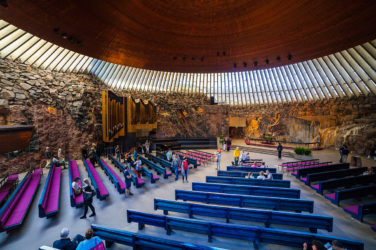Ten years ago, Bali’s biggest attractions were the peace and tranquillity of its laidback culture, but as the Indonesian island’s popularity has gone stratospheric, those qualities have slowly been replaced by the buzz and excitement of new resorts, shops, restaurants and bars. All of which, only makes the quiet Hindu celebration of Nyepi such a unique event.
Nyepi is a Balinese “day of silence” that’s commemorated on New Year’s Eve, according to the Balinese calendar. It’s a public holiday, but instead of using the time off to hit the beach, drink heaps, and watch some fireworks – like most Australians – it’s a day of silence, fasting and meditation for the Balinese.
“The first time I experienced Nyepi was a big deal,” says Nev Richardson, an Australian who lived in Bali for years. “As a westerner, I was freaking out about being on lockdown, but it ended up being amazing. It was the quietest night of my life, in a good way. The silence is incredible.”
Observed from 6am until 6am the next morning, the goal of Nyepi (pronounced “nee-yep-ee”) is self-reflection, so anything that might screw that up is barred. This means no working, no travelling, no entertainment, no lighting fires, and for a lot of people, no talking or eating.
Bali’s bustling streets and roads are all empty, and local homes look abandoned. It’s as if the world has ended.
As a result, Bali’s bustling streets and roads are all empty, and local homes look abandoned. It’s as if the world has ended. “I really grew to love it,” says Richardson. “Because all the lights are off, the stars come out at night, which is beautiful. And all the ambient noise disappears. There are no cars or motorbikes, just the sound of a rooster or dog now and then.”
Although Nyepi is a Hindu holiday, that doesn’t mean non-Hindu residents and tourists can dodge the rules. While tourists are free to do whatever they like inside their hotels, no one’s allowed on the beaches or streets, and the only airport in Bali is closed for the entire day. The only exceptions to the rule are for emergency vehicles and women having babies.
“Each area has a guy walking around on patrol, making sure no one’s doing anything,” explains Richardson. “But then it’s straight back to normal the next day. Right on 6am, the motorbikes start up again.”




